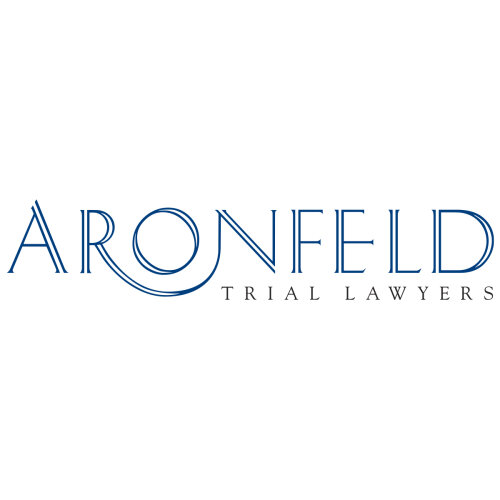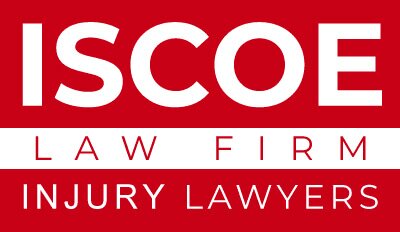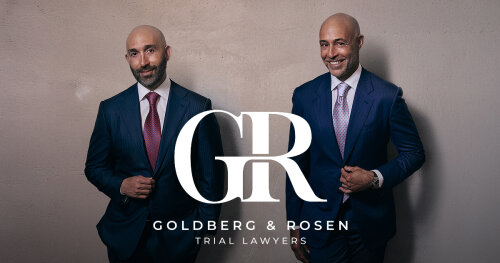Best General Litigation Lawyers in Miami
Share your needs with us, get contacted by law firms.
Free. Takes 2 min.
List of the best lawyers in Miami, United States
About Litigation Law in Miami, United States
Litigation is a legal process that involves resolving disputes through the court system. In Miami, United States, litigation law covers a wide range of cases, including personal injury, business disputes, family law matters, and more. The litigation process is complex and can be time-consuming, requiring a deep understanding of the law and legal procedures.
Why You May Need a Lawyer
There are several situations where you may need a lawyer to assist you in litigation:
- If you have been injured due to someone else's negligence and want to file a personal injury lawsuit.
- If you are involved in a business dispute and need to protect your rights and interests.
- If you are going through a divorce or child custody battle and require legal representation.
- If you have been accused of a crime and need defense in a criminal trial.
Having a skilled lawyer by your side can greatly improve your chances of achieving a favorable outcome in your case.
Local Laws Overview
When it comes to litigation in Miami, United States, it's crucial to understand the key aspects of local laws. Some important considerations include:
- Statute of Limitations: There are laws that dictate the timeframes within which you must file a lawsuit. It's vital to be aware of these deadlines to avoid losing your right to seek legal recourse.
- Comparative Fault: Florida follows a comparative fault system, which means that damages can be reduced based on the degree of fault assigned to each party involved in litigation.
- Court Procedures: Familiarize yourself with the local court rules, procedures, and filing requirements to ensure you meet the necessary deadlines and follow the proper legal process.
Frequently Asked Questions
1. Can I sue for personal injuries in Miami?
Yes, if you have suffered injuries due to someone else's negligence, you may be entitled to compensation. It's important to consult with a personal injury lawyer to evaluate the strength of your case and determine the best course of action.
2. How long do I have to file a lawsuit in Miami?
In most personal injury cases, you generally have four years from the date of the accident or injury to file a lawsuit. However, certain circumstances may alter this timeframe. It's best to consult with a lawyer who can provide specific guidance based on your situation.
3. Can I represent myself in a litigation case?
While you have the right to represent yourself in a litigation case, it's highly recommended to hire an experienced attorney. The legal system can be complex, and having a lawyer's expertise can significantly increase your chances of success.
4. How long does litigation typically take in Miami?
The duration of litigation varies depending on the complexity of the case, the court's schedule, and other factors. Some cases can be resolved within a few months, while others may take several years to reach a conclusion.
5. What are the potential outcomes of litigation in Miami?
The outcomes of litigation can vary widely depending on the specific circumstances of each case. Possible outcomes include financial compensation, settlement agreements, dismissal of claims, or court orders for specific actions to be taken.
Additional Resources
- The Florida Bar (www.floridabar.org): Provides legal resources, lawyer directories, and information on various areas of law, including litigation.
- Eleventh Judicial Circuit of Florida (www.jud11.flcourts.org): Offers information on the local court system, court forms, and procedural guidelines.
Next Steps
If you require legal assistance in litigation, the first step is to consult with a reputable attorney who specializes in the relevant area of law. They will assess your case, provide you with legal advice, and guide you through the litigation process, helping you navigate the complexities of Miami's legal system effectively.
Lawzana helps you find the best lawyers and law firms in Miami through a curated and pre-screened list of qualified legal professionals. Our platform offers rankings and detailed profiles of attorneys and law firms, allowing you to compare based on practice areas, including General Litigation, experience, and client feedback.
Each profile includes a description of the firm's areas of practice, client reviews, team members and partners, year of establishment, spoken languages, office locations, contact information, social media presence, and any published articles or resources. Most firms on our platform speak English and are experienced in both local and international legal matters.
Get a quote from top-rated law firms in Miami, United States — quickly, securely, and without unnecessary hassle.
Disclaimer:
The information provided on this page is for general informational purposes only and does not constitute legal advice. While we strive to ensure the accuracy and relevance of the content, legal information may change over time, and interpretations of the law can vary. You should always consult with a qualified legal professional for advice specific to your situation.
We disclaim all liability for actions taken or not taken based on the content of this page. If you believe any information is incorrect or outdated, please contact us, and we will review and update it where appropriate.















